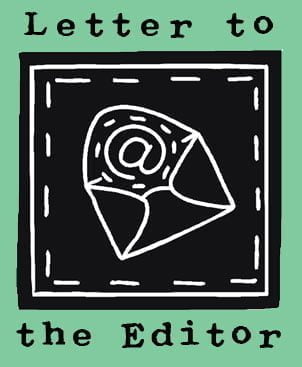President Trump has wondered why infectious disease expert Anthony Fauci’s national poll numbers were higher than his, despite both of them having changed their recommendations to Americans about how to avoid COVID-19 infection. Dr. Fauci is world-renowned for his work with HIV-AIDS and as head of the National Institute for Allergy and Infectious Diseases since 1984. Despite his renown, he is careful to circumscribe his expertise and to be open about what he does not know.
This was apparent during a congressional hearing last week when Republican Representative Jordan angrily asked Fauci why it was okay for protesters to congregate but it was not okay for parishioners to meet in church or for students to meet at school. Jordan also challenged Dr. Fauci’s public assessment that hydroxychloroquine was an ineffective treatment of COVID-19 infection.
Dr. Fauci calmly but firmly stated what he knew and what he didn’t know. He said that he did not have the expertise to judge the relative COVID-19 infectivity of urban protests versus church gatherings versus having in-person classes in schools. What he could assert confidently, however, is that all large in-person gatherings carry increased risk of spreading the SARS-CoV-2 virus during the current pandemic. He also noted that results obtained thus far from randomized, controlled clinical trials of hydroxychloroquine showed no basis for concluding that hydroxychloroquine was effective in treating COVID-19 infection.
President Trump, by contrast, claims expertise in a wide variety of disciplines for which he has neither experience nor training. In particular, many of his COVID-19 claims have been debunked. He claimed that the COVID-19 infection was no more harmful than the flu, that it would just “disappear,” that rising case numbers were merely the result of increased testing, that COVID-19 cases and deaths were diminishing when they were rising and, of course, that hydroxychloroquine is an effective treatment for COVID-19 infection. Even in politics, admitting what you don’t know may increase people’s appreciation for what you do know. President Trump might try admitting what he doesn’t know for a change and see if that doesn’t bring his poll numbers closer to Fauci’s.
William McCarthy

